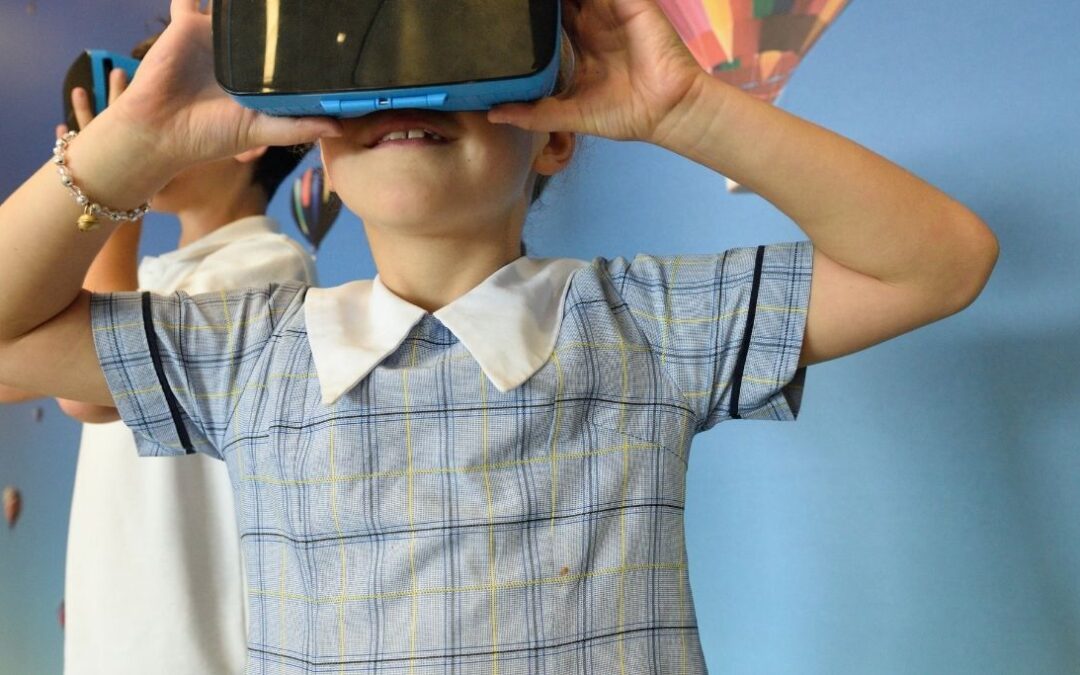SKYLECT for kids with SENs
#VR can be viewed as assistive technology, due to its potential to minimize or offset the effects of a disability and provide an alternative mean for children with Special Educational Needs (#SENs) VR can provide a safe and supportive simulated environment that allows a child to practice or enhance various skills which can be transferred to the real world. VR encourages interactive learning and provides a variety of opportunities for the learner to have control over the learning process.
As María Graciela Badilla Quintana, Eileen Sepulveda-Valenzuela, and Margarita Estefania Salazar Arias refer to their research: “Through the exposure to immersive technology, students can override the experience of learning and relearning, which is a skill they need to embrace in order to live in future smart cities, which are characterized first by the growth of information and communication technologies (#ICT) in most human activities and by the continuous reinvention and innovation in people’s everyday activities. Thus, it helps students to think and then act in new ways of being able to work collaboratively and critically to be prepared for a sustainable future. In this way, students with special needs could also develop abilities that allow them to study in a fairer educational institution and to be more engaged while learning to survive the dynamic technological future.”
The use of virtual environments for special needs is as diverse as the field of Special Education itself and the individuals it serves. Individuals with special needs often face challenges with attention, language, spatial abilities, memory, higher reasoning, and knowledge acquisition.
Virtual environments encourage interactive learning and provide a variety of opportunities for the learner to have control over the learning process. Virtual reality technology is an exciting tool that involves a safe and supportive environment to transfer knowledge between virtual and real worlds. Through such technology, individuals with special needs can look carefully at their own strengths, abilities, and learning preferences in comparison to the required learning task and expected learning outcome.
Here in SKYLECT, we support students with SENs, by giving them the opportunity to interact in a VR, gamified learning environment.

